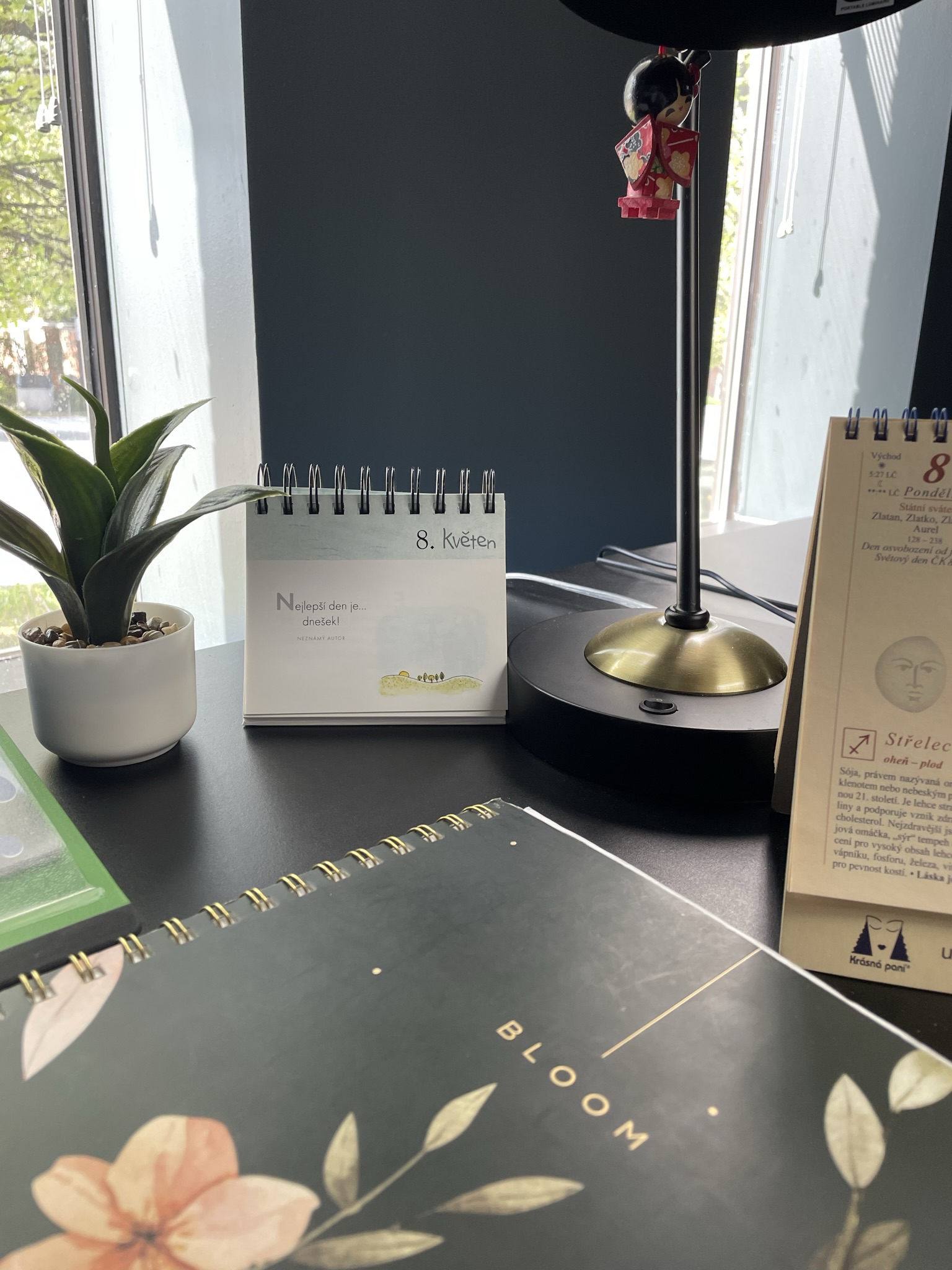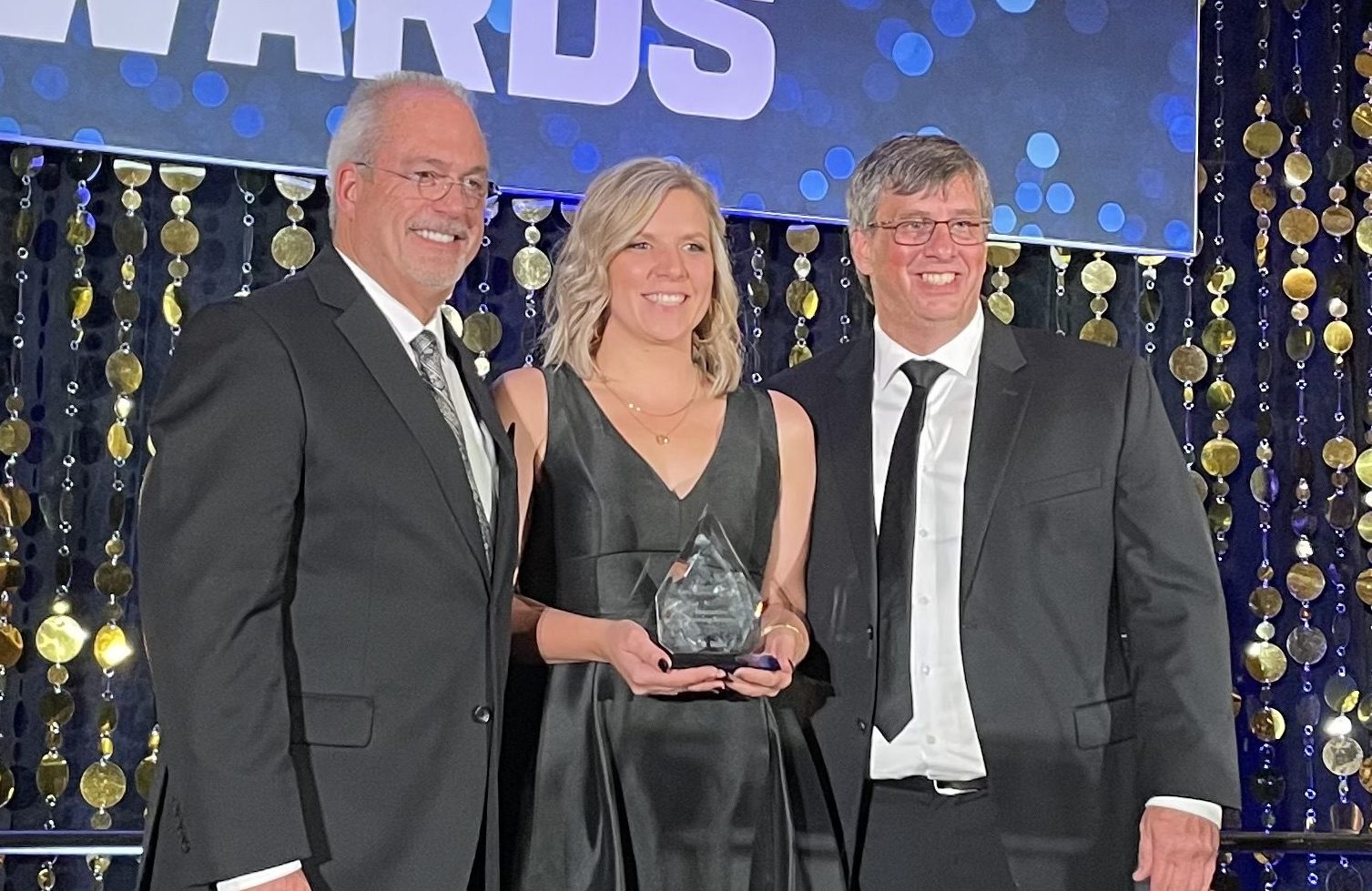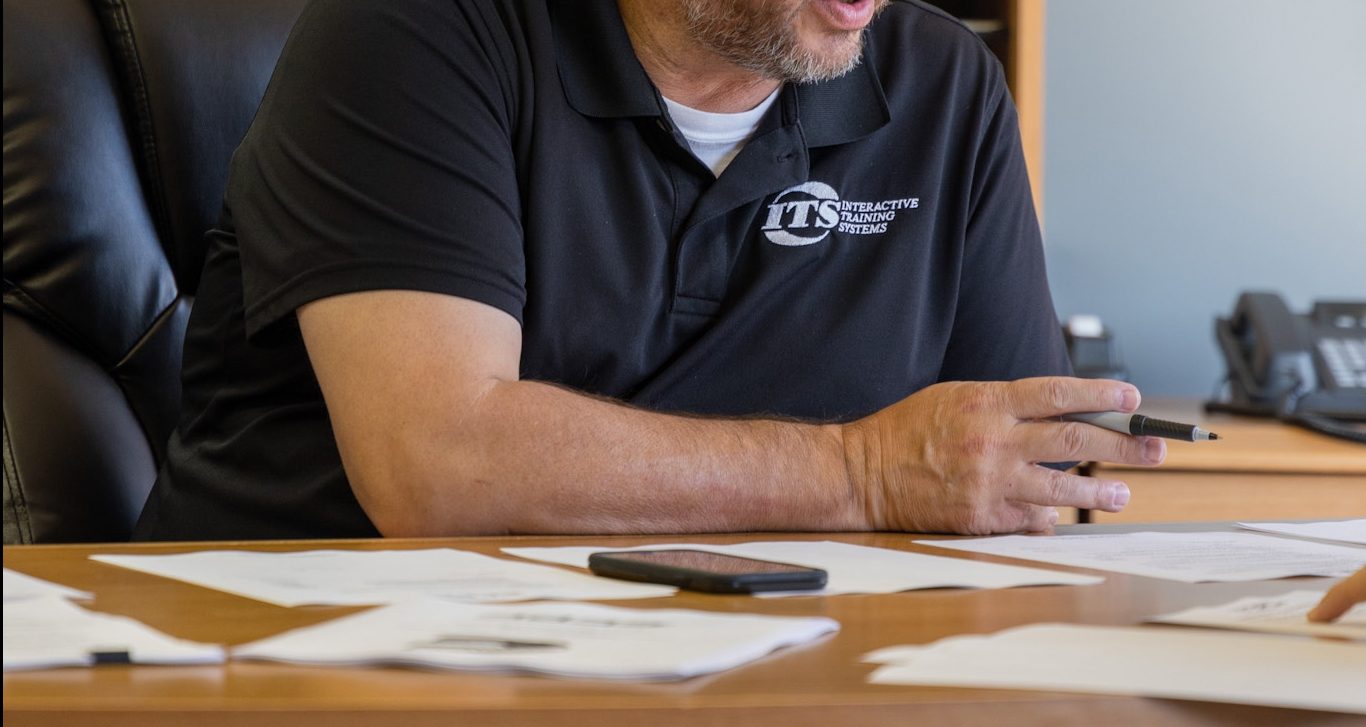The Swiss Army Knife: A Do-It-All Tool
When I was in my freshman year at Saginaw Valley State University, I took a leap of faith in changing my major from Computer Science to Professional and Technical Writing. I didn’t know what I was getting into and went in blind. I didn’t start my first technical writing class until I was in my sophomore year. Fast-forward to winter semester of my sophomore year, I had a few technical writing classes underneath my belt and started to find a passion for writing and documentation. T Documentation, he first day of classes I met one of my mentors and favorite professors of all time, Dr. William Williamson (we called him Dr. Bill).
Our first class discussion of the semester was focused on the idea of expanding our skillset.
“How can we call ourselves a technical writer / communicator, if we shut down and say, “Nope. Can’t do it,” without even trying?”
This phrasing hit me hard, I thought writing documentation was going to be simple and didn’t know how many tools or how much knowledge a single technical writer would need. After our class ended, I spoke with Dr. Bill about that statement. I made the analogy that a technical writer, documentation developer, or any other job title must be a Swiss Army Knife. He laughed at first, but then saw the point I was trying to make.
The Swiss Army Knife does not just have one tool, it has several different tools that allow for several different tasks to be completed. As a person and a technical writer / developer, our skill sets cannot be focused on one single area. We must be resourceful and use our different skill sets when the time comes. For example, our ability to read a set of controls or mechanical drawings may only get us so far. What are we to do if we must develop an IETM or website? Where would the skills of reading controls and mechanical drawings come in? Some tools may not be used as much as others and that’s okay, we still have that tool and knowledge in case we need to use it.
From that day on, I continued to improve my skill set regarding document design, management, communication, user experience design, testing, and other skills. A few weeks before graduation, I spoke with Dr. Bill again about that mentality of being a Swiss Army Knife. During our discussion, he brought up the French Term “bricoleur,” which translates to handyman in French. At first, I didn’t understand it. How did we go from Swiss Army Knife to Handyman? It took me about a year and a half after working here at ITS to realize that a Handyman (or Bricoleur) carries a Swiss Army Knife with them everywhere they go.
Jumping forward to the present day, I continue to realize that our skill sets are all unique based on our backgrounds; however, there is never a moment where we cannot adapt and use a new tool to complete a job. To this day, I am still adding tools to my belt, or developing new skills. It is never too late to learn something new or take on a new challenge.








